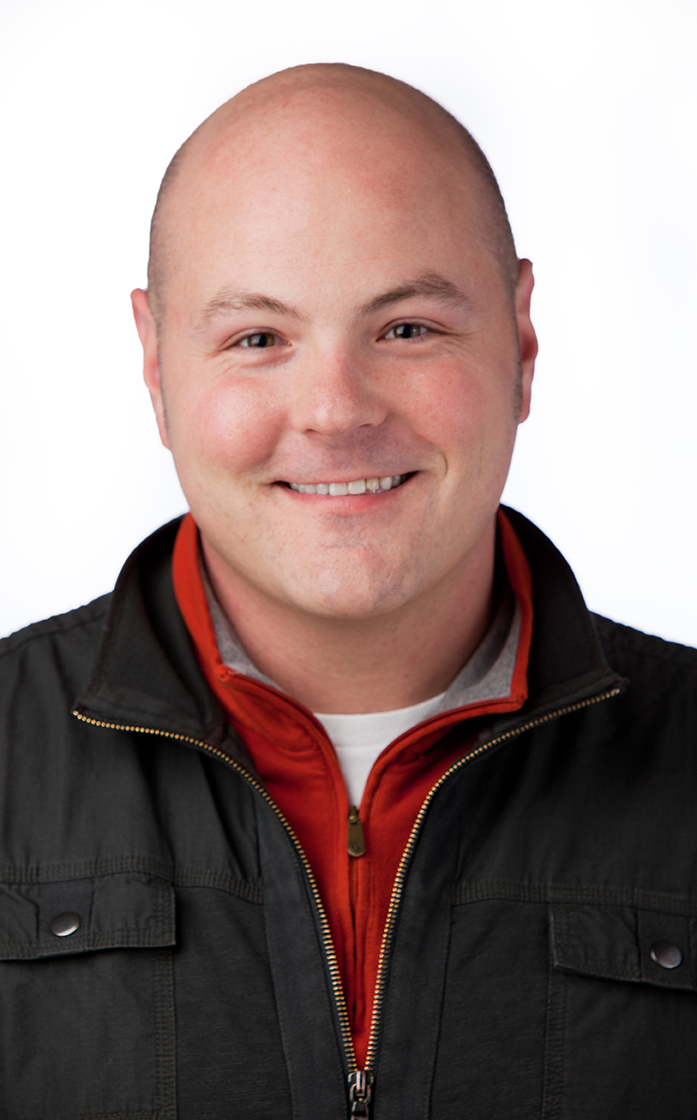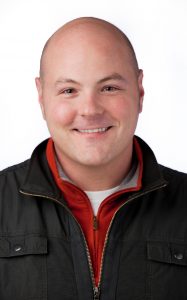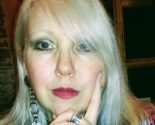
Our changing ‘gayborhoods’ pose a distribution challenge
by Joe Siegel
Are LGBTQ neighborhoods in major cities becoming too straight If so, what impact, if any, does that have on LGBTQ publications serving those communities?
Last month, Atlanta-based Georgia Voice ran a story about the closure of some LGBTQ hotspots in the city, including a fire a the previously shuttered Atlanta Eagle on June 6 and a separate fire that shutdown another bar, Blake’s On the Park, on May 26. The latter has since reopened.
“Though the former Eagle’s doors were closed at the time of the fire, queer spaces and memories in Atlanta are dwindling,” reported Georgia Voice. “In less than 10 years, 10 LGBTQ bars in Atlanta have permanently closed.”
San Francisco’s Bay Area Reporter (BAR) ran a May 22 story about the closure of 12-year-old Club OMG, which was popular among the Latin and trans communities. “The venue had been struggling first because of the COVID pandemic and then because of the decline in foot traffic in downtown San Francisco,” BAR reported.
Are the loss of LGBTQ-owned businesses causing LGBTQ neighborhoods in major cities to become more “straight”? Maybe, but maybe not.

“Madison (Wisc.) has never had a dedicated ‘gay’ neighborhood,” said Patrick Farabaugh, editor and publisher of Our Lives magazine. “There’s a higher concentration on the east side of the city, but historically we’ve been integrated into every neighborhood. It has always been a challenge for us, as there’s no one concentrated place to distribute where we can control who picks up our free media. Ever since the second year, I’ve had a free subscription model, covered by advertising, to be able to effectively target LGBTQ households rather than leave it to random street distribution locations.”
In Dallas, “Our ‘gayborhood’ has never really been any one area with geographic or demographic limits,” said Leo Cusimano, publisher of the Dallas Voice. “We have a strong and very diverse community here that has always made itself known by standing out and standing up in any neighborhood or geographic community where we choose to live. There’s a neighborhood in Northwest Dallas we call Lory Land after the lesbian realtor Lory Masters, who sold so many homes there to LGBTQ people. The Oak Cliff area has always had a strong LGBTQ presence, as has Old East Dallas.”
However, said Cusimano, “Oak Lawn is and always has been our main ‘gayborhood,’ the heart of the LGBTQ community in Dallas. The Legacy of Love monument stands as a gateway to The Strip on Cedar Springs, and we have more rainbow crosswalks here in this area than any other city. The businesses here are all very proudly LGBTQ-owned or, if not LGBTQ-owned then LGBTQ welcoming and affirming. And businesses in North Texas are well aware of the fact that our community is loyal to those who are loyal to us, and that advertising directly to them in LGBTQ media is one way those businesses show their loyalty.”
IN THE NEWS
Volume 26
Issue 5








